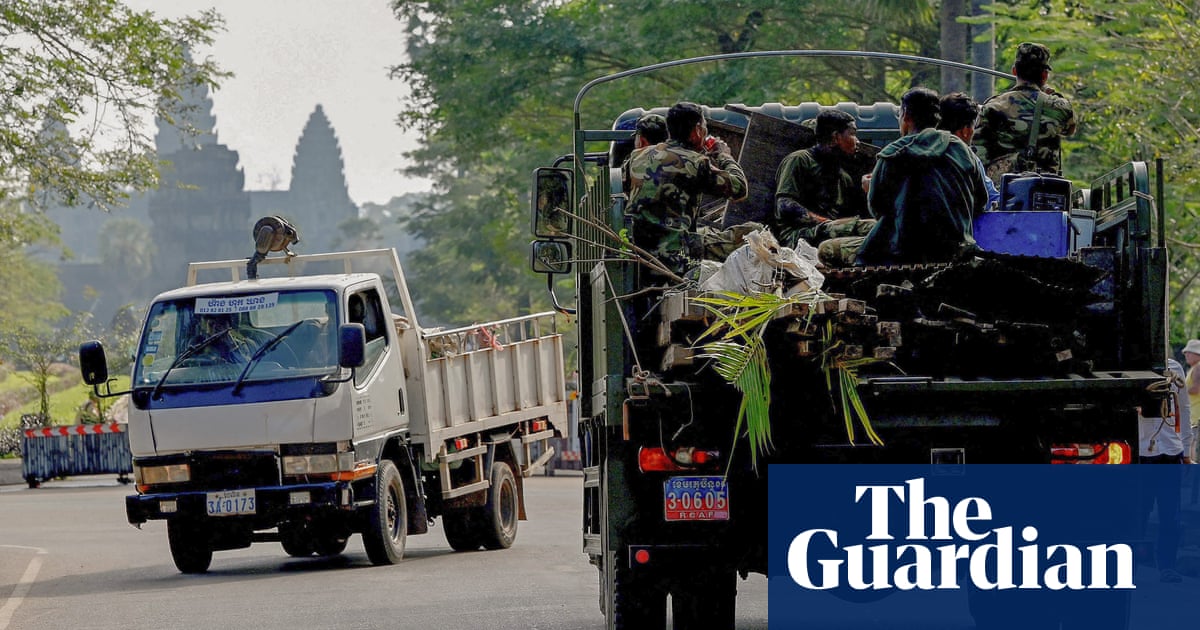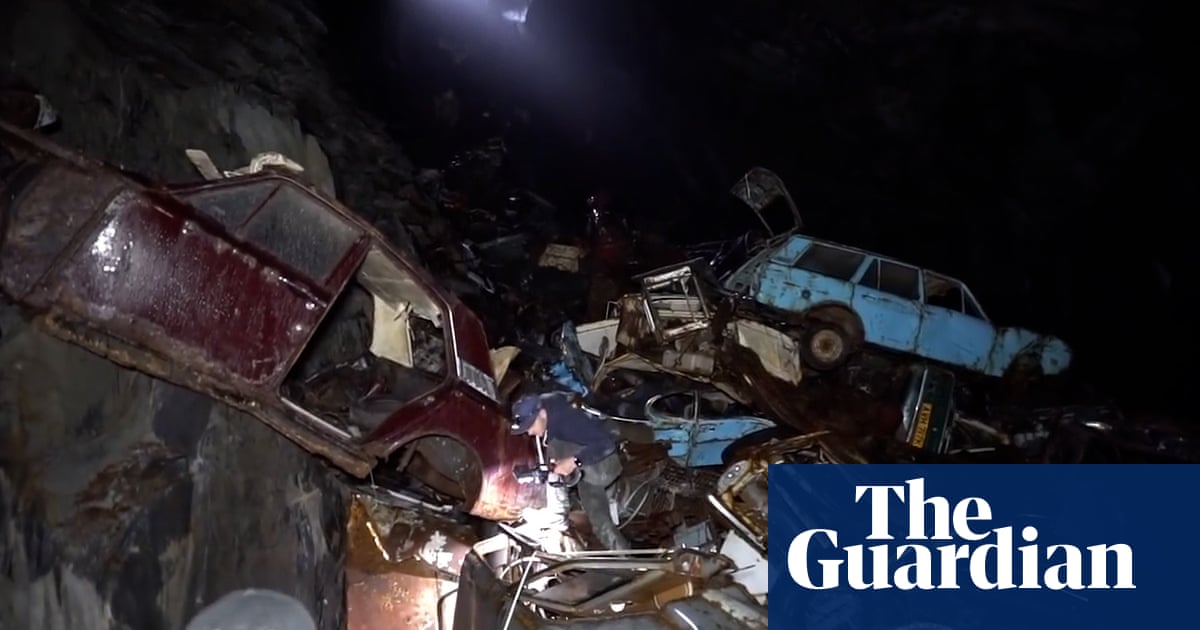
Unesco has “fallen short of its responsibility to uphold and promote human rights” amid mass evictions at Cambodia’s Angkor Wat temple complex, Amnesty International has claimed in a new investigation.
The Cambodian government has used “intimidation, harassment, threats and acts of violence” to remove about 10,000 families from the world heritage site, the report said. In an unusual move, Amnesty also named Unesco as a “responsible actor”, arguing that the UN body was made aware of alleged human rights abuses for months but did not investigate or acknowledge them.
The report called on Unesco to perform an independent assessment, require a resettlement plan complying with international standards, and to “categorically reject” forced evictions at world heritage sites. Amnesty also reiterated calls for Cambodia to halt the relocations.
“It doesn’t appear to us that [Unesco] did more than the bare minimum,” said Montse Ferrer, Amnesty International’s deputy regional director for research. “And they, as a UN agency, need to do more than the bare minimum if they say that human rights are the core of how they operate.”
Angkor archaeological park is Cambodia’s biggest tourist attraction, dotted with ancient temples from the Khmer empire, dating from the ninth to the 15th centuries. The 400 sq km (154 sq mile) park became a world heritage site in 1992 and is home to tens of thousands of people, including vendors and tuk-tuk drivers. Many can trace their lineage at Angkor back generations.
But in August 2022, the Cambodian government claimed 10,000 families were squatters causing overdevelopment at the complex. People were relocated to a site about 12 miles away with no housing or running water, the report said.
Amnesty interviewed more than 100 people affected. Almost every person said they were coerced into leaving, with authorities threatening to arrest them, flood their homes or cut off power, the report said. The Guardian reported similar claims in November 2022.
Former prime minister Hun Sen claimed there was “pressure from Unesco” to protect the site’s heritage status. But Angkor has not been in danger of having its Unesco status removed since 2004, when it was decided “preservation of the site from destruction was reasonably secure”, and Unesco maintains that it “never called for population displacements”.
Yet Unesco has played a key role at Angkor, the report argued, particularly because the site’s zoning scheme, which has been used to justify evictions, is the direct result of recommendations from the World Heritage Centre in the 1990s.
Unesco’s World Heritage Centre disputed the draft report in an October letter, emphasising that Angkor is “under the sole authority” of Cambodia, and Unesco “does not have the ability to enforce implementation of rights-based standards”.
“The actions of a member state and state party to the World Heritage Convention acting on its own sovereign soil is not the responsibility of Unesco – even if a member state were to justify its actions by invoking the organisation,” the World Heritage Centre wrote, adding, “Unesco cannot ‘ensure’ that something happens (or does not happen) on sovereign soil.”
A Unesco World Heritage Centre spokesperson said Unesco has “never requested, nor supported, nor was a party to this programme,”, and that Cambodian authorities should identify “corrective measures ... in order to make an explicit commitment not to carry out forced evictions in Angkor”. They did not specify what those measures could be, but said they should “fully respect human rights and the consent of the populations, in line with the operational guidelines for the implementation of the World Heritage Convention”.
The Cambodian government was already required to submit a report on the state of conservation at Angkor by December 2024, but Unesco has “decided to bring forward the date for submission” so that it may be discussed at the World Heritage Committee meeting in summer 2024, the spokesperson added.
The Cambodian Apsara Authority, which oversees Angkor park, did not respond to a request for comment.
Licadho, a Cambodian human rights organisation, said evictions are still going on and villages further from Angkor Wat are reporting new restrictions on home repairs – a typical precursor to evictions.
“Instead of empowering these communities to gather and raise their concerns, Unesco is pretending that forced evictions aren’t occurring under their noses,” said Naly Pilorge, Licadho’s outreach director, calling the reaction “shameful”.
Soun Ryna, 46, owned a small restaurant in Angkor park for more than three decades until she was evicted last November. The relocation site has no marketplace for her to sell food. Without any income, she has sold most of her possessions to pay loans.
“I’m still in debt. Every time I talk about it, I start to cry,” said Ryna. “But this is the government’s request. What should we do? We can’t win against them.
“There’s only one thing I want to request of any organisation,” she added. “Please don’t evict more people around Angkor Wat.”












